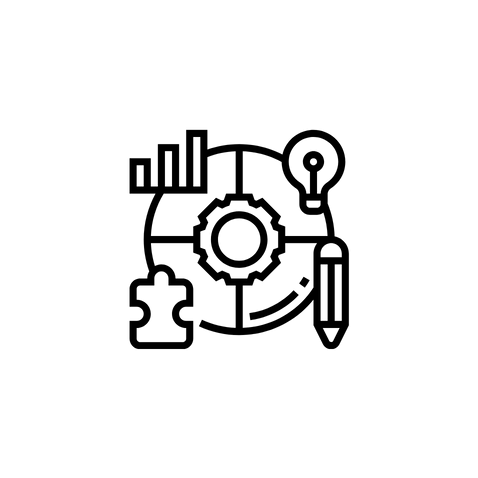


Transcript
#00:00:00-0#
Yes, hello, and welcome to the third podcast episode today. I'm going to keep it short. I'm going to talk about seven learning strategies today. So, I've been looking for a long time. Because things didn't go so well for me at school, I realized I had to change something for the future. And I've spent the last six years reading a lot of books, audiobooks, yes, I think about seventy, eighty, maybe even a hundred books about learning and how to learn. And that's where I found many cool strategies in coaching, and I want to share a few with you today.
#00:00:49-9#
I've now looked again in my documents, I've also googled everywhere on the internet, and I've found a few cool ones that are maybe not so well-known, so not everybody knows them. Number seven is that you put yourself out there. So, I don't know. That's a book "Ultra Learning." It's from Scott Young that comes up. I don't know if you're familiar with that. So, if you learned French in school, do you still know French? I don't know about you, but it's not like that for me. And that's why, yes, when you're learning a language, for example, it's best to go to the environment where you can practice the language, that is, to be fully immersed in it. If you don't have the opportunity, then if you want to learn a language, for example, you simply set everything in the language, so the cell phone, you watch episodes in the language, if you are watching TV or Netflix, then read the newspaper in the language. And that's something that also the book Ultra Learning says."
#00:02:05-8#
It's also like that with the Tony Robbins event. I don't know if you know that, but if you've been to "unleash the power within" now, you see that that's really hard work, so really spending 16 hours for four days a day just state management and just, yeah, being in a good state, feeling good. Then it's just easier to go into that feeling later when you're not doing so well. Right, that was it with point number seven.
#00:02:41-3#
Then the point number six, maybe some of you know this, but this is the Feynman technique. So the Grade Explainer, that was the Richard Feynman. He was known for explaining complex concepts in simple language. So, if you have something about, yes, let's take physics, that you then really do on a simple concept as if you were describing it to a five-year-old. And I think there's a cool video about it where he explains before. And yeah, give it a try. So, it's not easy. It's easy to mess around with complex terms, but to explain it, in simple language, you have to really, really understand the topic, and of course teaching, so who we're teaching it to, is something where you just come up with, "There's still a hitch. I could learn more about that."
#00:03:52-6#
And the fifth thing, point five, is to take questions instead of notes. I recently wrote a blog article with various studies; I'd be happy to link it to you below; that note-taking makes little sense, or rather doesn't contribute much to learning. Suppose you compare it now with Active Recall and Space Repetition. In that case, you ask yourself questions about where your brain has to work or repeat periodically so that you say: "Okay, now I'll repeat the material after a day, then after a week, then after a month", to break the forgetting curve. And there is something very, very cool. It's Notion. It's a note app, and you can store a huge database. And I use that too. It's also free. So I'm happy to link you to that in the description below. That's an affiliate link because I think that's mega cool. So, I think for three or four years now, I've been using that. I had the paid version back then as well. I think it was five dollars a month, and I used that. And yeah, it's just mega cool because you can use such a cool feature.
#00:05:16-5#
So, you have a question, and then you click on it, and you can hide the answer. And if you now say, okay, you're sitting in a lecture, and you're now just writing down the questions, and you're writing down the answers afterward. Your brain has to make an effort to answer the questions, and you don't just read through the notes and think, "Okay, yeah, I already know that anyway, I already know that." Because there is simply a difference between knowing what is meant and then working it out yourself, that is, answering the questions yourself. And I realize now that I don't have enough time to go through all the points with you. Therefore, I will discuss the remaining four points in the next video. If you want to know the points already, you can subscribe to my newsletter and have a look at all the points. You will get access to the whole library with all newsletters about learning with NLP. And yes, I wish you a lot of fun and see you next time. Ciao, ciao!
CONNECT WITH ME - NEUROHACKINGLY
💌 Subscribe to my weekly Sunday newsletter for evidence-based study techniques and proven self-coaching techniques.
⭐️ Leave a review
If you enjoy listening to this podcast, please leave a 5-star review on Apple Podcasts- even a few words (lessons learned, actions taken - any feedback) are highly appreciated. 🤗
